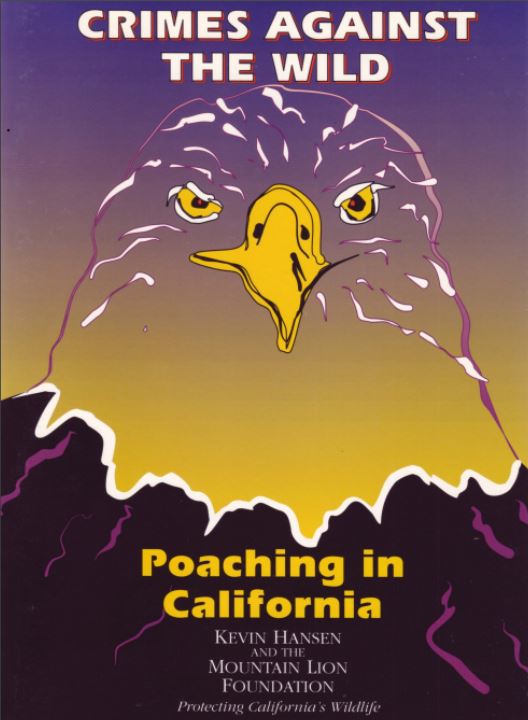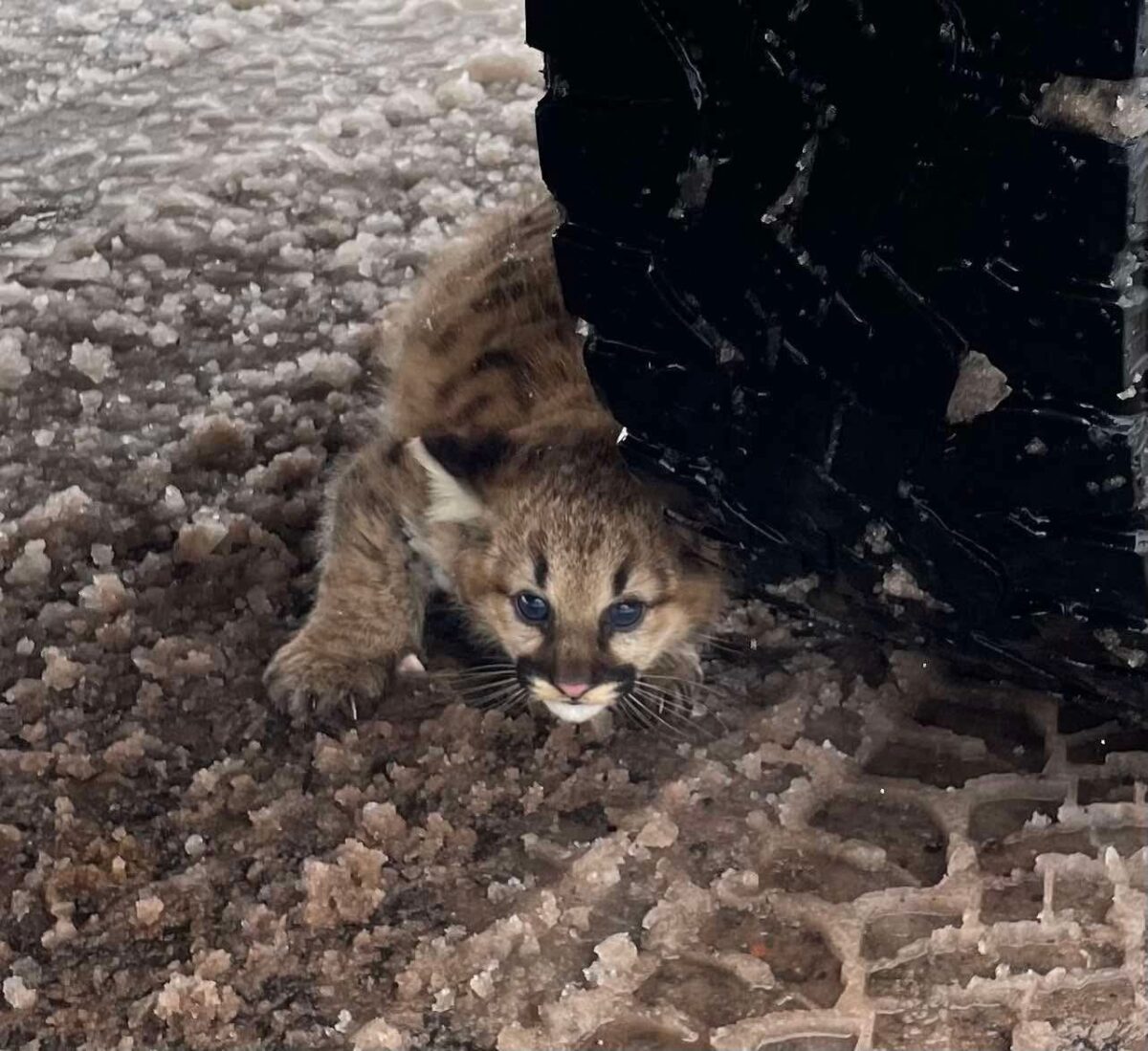Wildlife Crime
 Wildlife crime is a more common problem in the United States than most people think.
Wildlife crime is a more common problem in the United States than most people think.
Statistics regarding crimes involving wild animals native to the United States are difficult to come by. Much of the focus is on trafficking of exotic species from other nations. But our wild animals here at home are also at risk. Gamewarden.org emphasizes that poaching is “straining the resources of our nation’s game wardens and other law enforcement officers and decimating animal species at alarming rates.”
Unfortunately, assessing the full extent to which poaching, poisoning or “shoot, shovel, and shut up” occurs can be extremely difficult as these crimes are seldom reported. Even when there is sufficient evidence that a crime has been committed, it can be problematic to find and convict the offending party.
In May of 2018, CNN reported on a poaching operation in the Pacific Northwest that gives a sense of the scale these crimes can reach. The report details that “over text messages and social media, the poaching suspects boasted about the animals they illegally slaughtered.” They were accused of killing more than 200 animals including deer, bears, cougars, bobcats and a squirrel.
In 2010, California mountain lion P-15 was found decapitated, with all four paws severed and removed. Regrettably, after a long investigation, an arrest was never made. Mountain lions in California face threats that include habitat loss and degradation, conflicts with humans, roadkill, kitten orphaning, genetic isolation, wildfires, drought, and poisons. Coupled with these threats, poaching may potentially result in localized extinctions.
Take action to stop wildlife crime by learning your state’s wildlife laws and regulations. Be aware of the dates of hunting seasons and the legal limits on trapping.
Wildlife officers are employed throughout each state to respond to wildlife crimes. Report any suspicious activity or information to your state wildlife agency. This handy chart provides contact information for all 50 states.
In California, where actions against mountain lions are severely restricted, contact the California Department of Fish and Wildlife’s hotline for reporting wildlife crimes. Call: 1-888-334-CALTIP (888 334-2258) to reach a dispatcher who can send a local wildlife officer to investigate.
Even if you do not witness the act itself, you never know what investigation may be ongoing in an area. Your tip could make a difference in apprehending a wildlife criminal!
The Mountain Lion Foundation, the California Wildlife Officers Association, and The Oakland Zoo are conducting a social media campaign to thank the nation’s wildlife officers for the work they do to protect our native species. Please, take a photo of yourself and post on social media with the hashtag #IStandWithWildlifeOfficers. Every bit of gratitude is valuable.
Here are some things you can say in your post:
THANK YOU…
– For protecting wild animals from poachers.
– For patrolling in wildlands, towns, cities, and ports.
– For calmly resolving conflicts with wild animals.
– For preserving habitat and safeguarding ecosystems.
– For providing people with accurate information.
– For enforcing wildlife laws in the face of danger.
– For caring for people and the wild animals we respect.




 Facebook
Facebook Twitter
Twitter Send Email
Send Email


